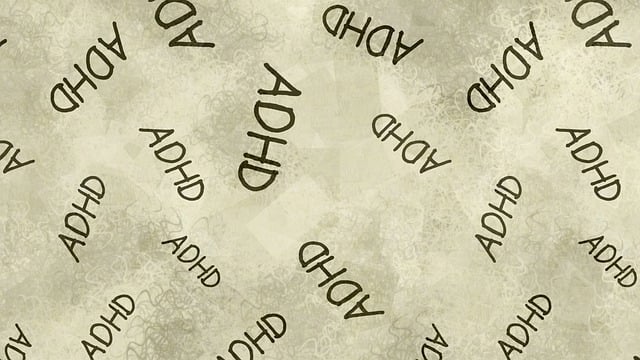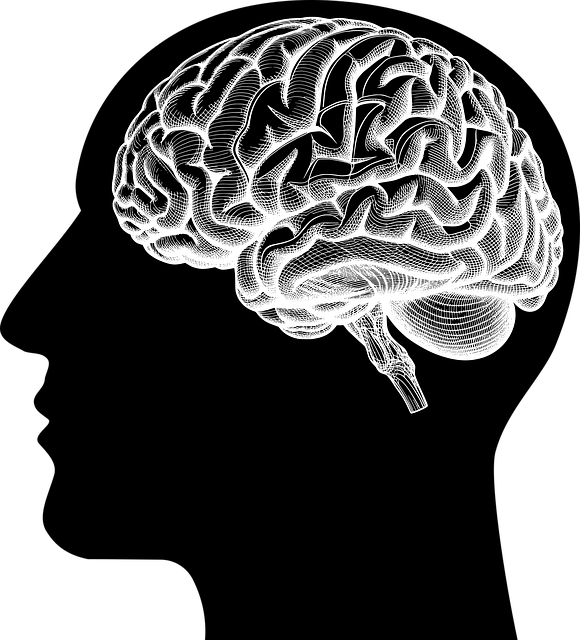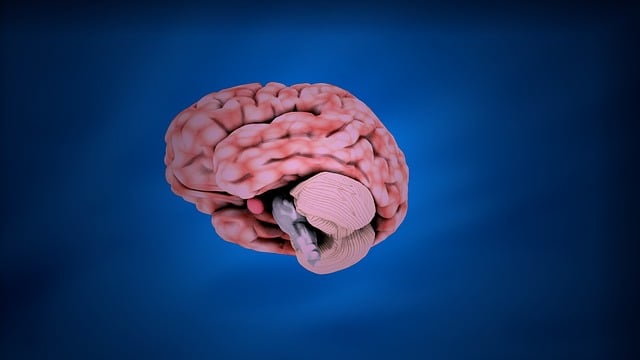Boulder Learning Disability Therapy leverages positive thinking as a powerful tool for individuals with learning disabilities, enhancing executive functions, learning outcomes, and mental health awareness. Through exercises like cognitive reframing, gratitude journaling, and affirmations, clients develop resilience, self-efficacy, and growth mindsets. Careful planning, risk management, and tailored approaches, including visualization, mindfulness, and community support, ensure safe and effective implementation. Tracking progress through measurable goals, journaling, and apps helps clients adapt exercises for continuous growth and empowerment.
Incorporating positive thinking exercises into therapy sessions for individuals with learning disabilities in Boulder can significantly enhance cognitive abilities and foster a sense of confidence. This article delves into the transformative power of positive thinking, offering a structured approach to its implementation. We explore effective techniques to integrate these practices into therapy, track progress, and adjust strategies for optimal results. By understanding the impact on learning disabilities, therapists can harness the potential of positive thinking to revolutionize their treatment plans.
- Understanding Positive Thinking and Its Impact on Learning Disabilities
- Integrating Positive Thinking Exercises into Therapy Sessions
- Practical Techniques for Effective Implementation
- Tracking Progress and Adjusting Strategies for Optimal Results
Understanding Positive Thinking and Its Impact on Learning Disabilities

Positive thinking is a powerful tool that can significantly impact individuals with learning disabilities. At Boulder Learning Disability Therapy, we recognize that cultivating a positive mindset is an essential aspect of supporting those with unique cognitive challenges. When approached correctly, it becomes a game-changer in enhancing their abilities and fostering resilience.
Understanding the relationship between positive thinking and learning disabilities involves recognizing how optimism can improve executive functions, such as attention, working memory, and problem-solving skills. This, in turn, facilitates better learning outcomes and overall mental health awareness. By integrating positive thinking exercises into therapy sessions, mental health professionals can help individuals develop a more resilient mindset, which is crucial for navigating the challenges that often accompany learning disabilities. Such exercises empower folks to reframe negative thoughts, promoting a growth mindset—a key factor in personal development and success.
Integrating Positive Thinking Exercises into Therapy Sessions

Incorporating positive thinking exercises into therapy sessions at Boulder Learning Disability Therapy can significantly enhance the therapeutic process for individuals with learning disabilities and mental health challenges. These exercises serve as powerful tools to promote resilience, self-efficacy, and overall well-being. By integrating practices like cognitive reframing, gratitude journaling, or even simple affirmations, therapists facilitate a shift in perspective for their clients. This approach not only aids in managing symptoms of various mental illnesses but also contributes to the reduction of stigma associated with seeking therapy, as it empowers individuals to cultivate an optimistic mindset.
For mental health professionals, incorporating positive thinking exercises requires careful planning and risk management, especially when dealing with sensitive cases. The Boulder Learning Disability Therapy team can utilize resources like Risk Management Planning for Mental Health Professionals to ensure these practices are implemented safely and effectively. By fostering a positive therapeutic environment through such exercises, therapists create a supportive space where clients feel empowered to navigate life’s challenges with renewed optimism, ultimately improving their overall mental health and quality of life.
Practical Techniques for Effective Implementation

Implementing positive thinking exercises requires a structured approach tailored to individual needs, especially when considering unique challenges like those presented by Boulder Learning Disability Therapy. One practical technique involves incorporating visualisation and mindfulness practices. Individuals are guided through mental imagery of successful outcomes, fostering a sense of achievement and optimism. This can be particularly beneficial for enhancing self-esteem and motivation. Additionally, simple yet effective communication strategies, such as affirmations and positive self-talk, empower individuals to reframe negative thoughts and beliefs.
Another powerful method is focusing on inner strength development through cognitive reframing. This involves identifying and challenging negative thought patterns, replacing them with more realistic and positive alternatives. By integrating these techniques into daily routines, individuals can cultivate resilience and adaptability. Furthermore, encouraging participation in community support groups or advocacy initiatives related to Mental Health Policy Analysis and Advocacy provides a platform for sharing experiences, gaining insights from peers, and collectively driving positive change in mental health support systems.
Tracking Progress and Adjusting Strategies for Optimal Results

Tracking progress is a vital component of any positive thinking exercise regimen, especially for individuals navigating learning disabilities like those supported by Boulder Learning Disability Therapy. Regularly evaluating their journey allows participants to gain valuable insights into what works best for them and where adjustments might be needed. This process involves setting measurable goals and utilizing tools tailored to their unique needs, such as journaling or using dedicated apps that log positive affirmations and track emotional shifts. By consistently measuring progress, individuals can identify patterns, recognize achievements, and make informed decisions about refining their strategies.
For optimal results, it’s crucial to remain flexible and adaptive in one’s approach. Adjusting strategies based on progress is a key component of Inner Strength Development and Self-Care Practices. This might involve tweaking the frequency or intensity of exercises, incorporating new techniques, or even revisiting foundational Mind Over Matter Principles to better suit evolving needs. Such adaptability ensures that the positive thinking exercises remain effective and engaging, fostering continuous growth and empowerment.
Implementing positive thinking exercises as part of Boulder Learning Disability Therapy can significantly enhance cognitive abilities and overall well-being. By integrating these strategies into therapy sessions, professionals can create a supportive environment that encourages growth and resilience. Through practical techniques and continuous progress tracking, therapists can tailor strategies for optimal results, fostering not only academic success but also a more optimistic and adaptable mindset among individuals with learning disabilities.









